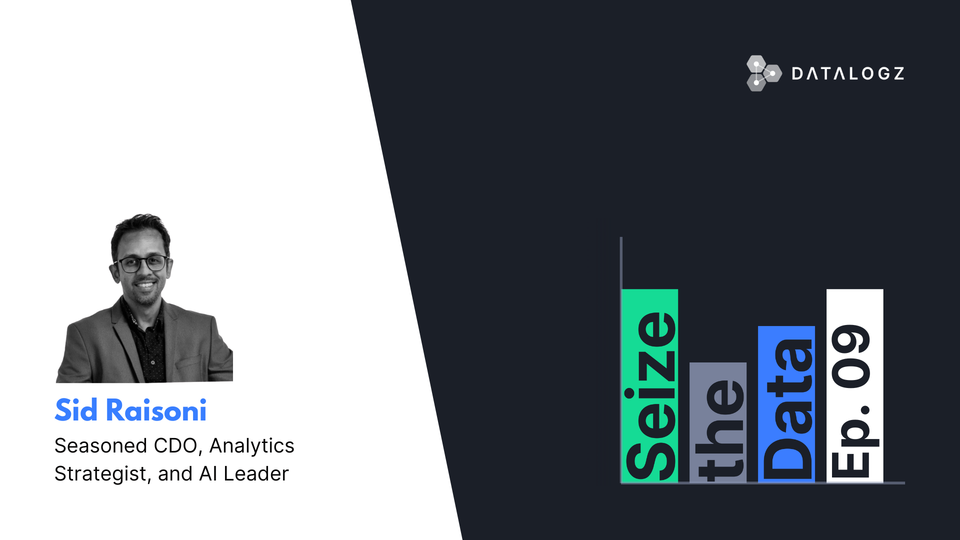Navigating the Data Highway: Optimizing Supply Chain Operations Through Advanced Analytics
From real-time monitoring to predictive planning, learn to leverage data for greater efficiency and profitability.

The complex world of supply chain management is undergoing a significant transformation, thanks in part to the adoption of advanced analytics. Data-driven insights are redefining how organizations monitor, manage, and optimize their supply chains. This blog post aims to enlighten you on how advanced analytics can help you navigate the intricacies of your supply chain more effectively.
Understanding the Role of Analytics in Supply Chain Management
Analytics isn't merely a buzzword; it's a tool of incredible potential for supply chain management. By capturing, processing, and interpreting data, analytics offers actionable insights that can dramatically improve supply chain operations. From predictive maintenance and inventory optimization to customer behavior forecasting, analytics plays a pivotal role in modern supply chain management.
Using analytics, companies can better anticipate demand, identify inefficiencies, and make data-driven decisions that can lower costs and improve customer satisfaction. But it's not just about gathering data; it's about applying insights to drive actionable improvements.
Real-Time Analytics for Monitoring and Control
One of the most impactful applications of advanced analytics in supply chain management is real-time monitoring. Through the Internet of Things (IoT) sensors and tracking devices, organizations can collect real-time data on inventory levels, equipment status, and shipment locations.
By using analytics tools to process this real-time data, organizations can achieve higher levels of operational efficiency. For example, real-time data can inform just-in-time inventory models or trigger immediate actions in case of equipment failures or shipping delays. The capability to act swiftly can be the difference between a supply chain hiccup and a full-blown crisis.
Predictive Analytics for Strategic Planning
The predictive power of analytics allows companies to look beyond immediate concerns and plan for the future. By using historical data, predictive algorithms can forecast future demand, suggest optimal inventory levels, and even predict maintenance needs for machinery.
Such forecasting abilities offer organizations a distinct advantage in strategic planning. For instance, being able to predict seasonal demand variations allows companies to pre-emptively adjust their inventory levels, thus avoiding overstocking or understocking situations. This level of foresight can lead to cost savings and increased customer satisfaction.
Enhancing Supplier Relationship Management
Advanced analytics also offer valuable insights into supplier performance, thereby enhancing supplier relationship management. By tracking and analyzing key performance indicators (KPIs), companies can assess the reliability, quality, and cost-effectiveness of their suppliers.
This data-driven approach not only helps in identifying the best-performing suppliers but also highlights areas for improvement. By sharing these insights with suppliers, companies can foster a collaborative environment aimed at mutual growth and efficiency. Effective supplier relationship management, backed by solid data, can significantly reduce procurement costs and improve the overall supply chain performance.
Overcoming Challenges in Implementing Analytics
While the benefits of advanced analytics in supply chain management are abundant, organizations may face hurdles in its implementation. Data integrity is one such challenge; inaccurate or incomplete data can lead to misguided insights. Additionally, the complexity of analytics tools can make them hard to use for staff lacking specialized training.
To overcome these challenges, organizations should focus on training programs for their workforce and implement robust data verification processes. Moreover, companies can opt for user-friendly analytics platforms that offer intuitive interfaces and easy-to-understand insights. A well-implemented analytics solution can provide immense value, far outweighing the initial hurdles and investment.
Advanced analytics are revolutionizing supply chain operations across industries. From real-time monitoring and predictive planning to enhanced supplier relationship management, the applications are as varied as they are impactful. While implementation challenges exist, the potential benefits make the case for adoption compelling. As analytics technologies continue to evolve, their role in streamlining and optimizing supply chains will only grow more critical.




